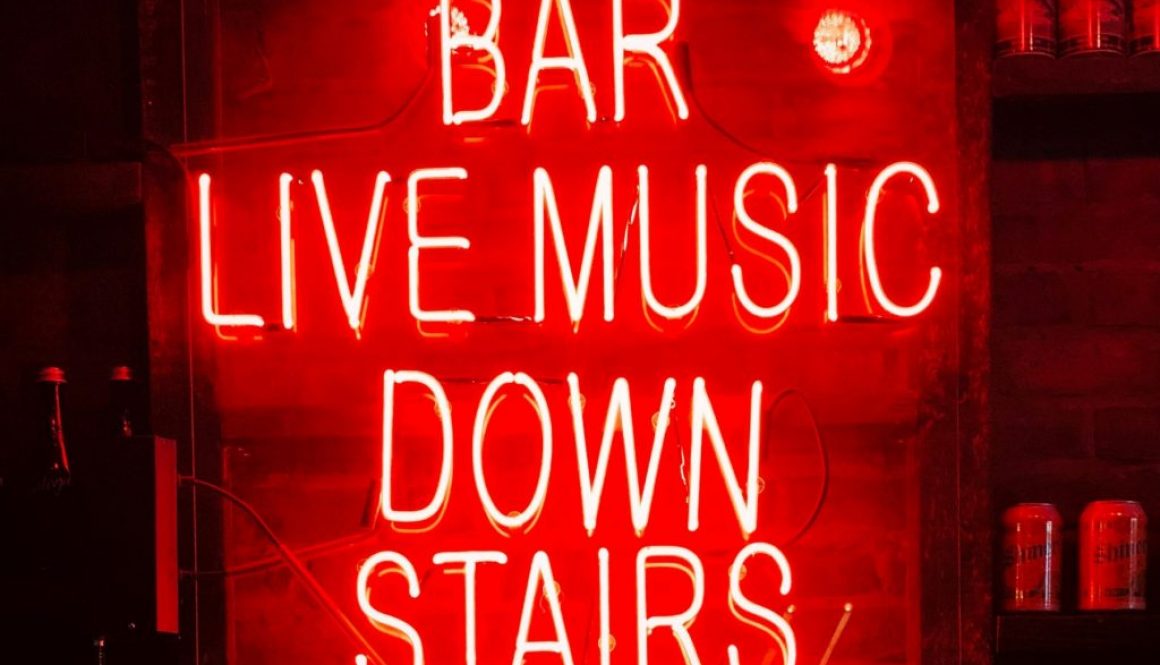Why big venues depend on small ones
The closing of clubs
Over the last decade, many small stages had to close down due to bureaucratic regulations or cut subsidies. It has become fairly hard to keep a little improv theater or jazz club up and running. Many company managers had to sell their property or change their concept completely. Even Vienna’s once-famous “Moulin Rouge” is now run by the franchise company Vapiano, selling Pizza. The struggle of these modest venues results not only in a large cultural loss, but it also means a threat for big institutional theaters, operas, and touring productions.
Size matters?
Working professionally in the performing arts, people usually aim for the big names – Broadway, The Westend, Cirque du Soleil, Metropolitan or alla Scala. This is where prestige and artistic satisfaction seem to wait and, on top of that, a regular income appears more secure. Once arrived at this level, only a few professionals will turn around or even admit that they worked in small, torn down venues. However, we shouldn’t leave out of perspective that large theaters profoundly depend on small ones.
Failing allowed
Nobody begins their career as an expert. Whether you are becoming a performer, technician, designer, or director, we all need to make mistakes in the beginning. We rely on playgrounds to experiment, wander off and explore new facets of our jobs. Only by going through trial and error we become stable enough to guarantee a consistent quality later on. For this development, high-profile venues involve too many risks – financially, artistically, as well as career-wise. Therefore, we need to find low-pressure alternatives to improve at.
The best training
Underground clubs, discotheques, family parties, open stages, or village festivals offer a good setting to work on new concepts. As unglamorous as they are, they appear to be the perfect surrounding for both beginners and professionals to become more solid in their craft. On top of that, these venues usually involve harder conditions than the stages we are aiming for:
Street performing, for example, leaves you without an audience if you don’t manage to keep people’s attention. As a technician, if you are able to work safely in a nightclub with bad equipment surrounded by drunk teenagers you can cope with any backstage stress in large theaters, too. As a juggler, if you manage to pull off your routine in front of grandma, you can surely focus anywhere.
Becoming a more complete professional
These are fundamental lessons to foster our senses while making us both attentive and adaptive to unforeseeable occurrences. Working in small, uncomfortable productions turns us into solid and more complete experts of our niche. And this, ultimately, is an unaffordable quality to keep also large venues alive.
Want to read more about the importance of try-out fields?
Check out chapter 6 of “Collaborating Backstage”!
Thanks for following my blog! It means a lot!
Stay positive and focused!
Yours,


